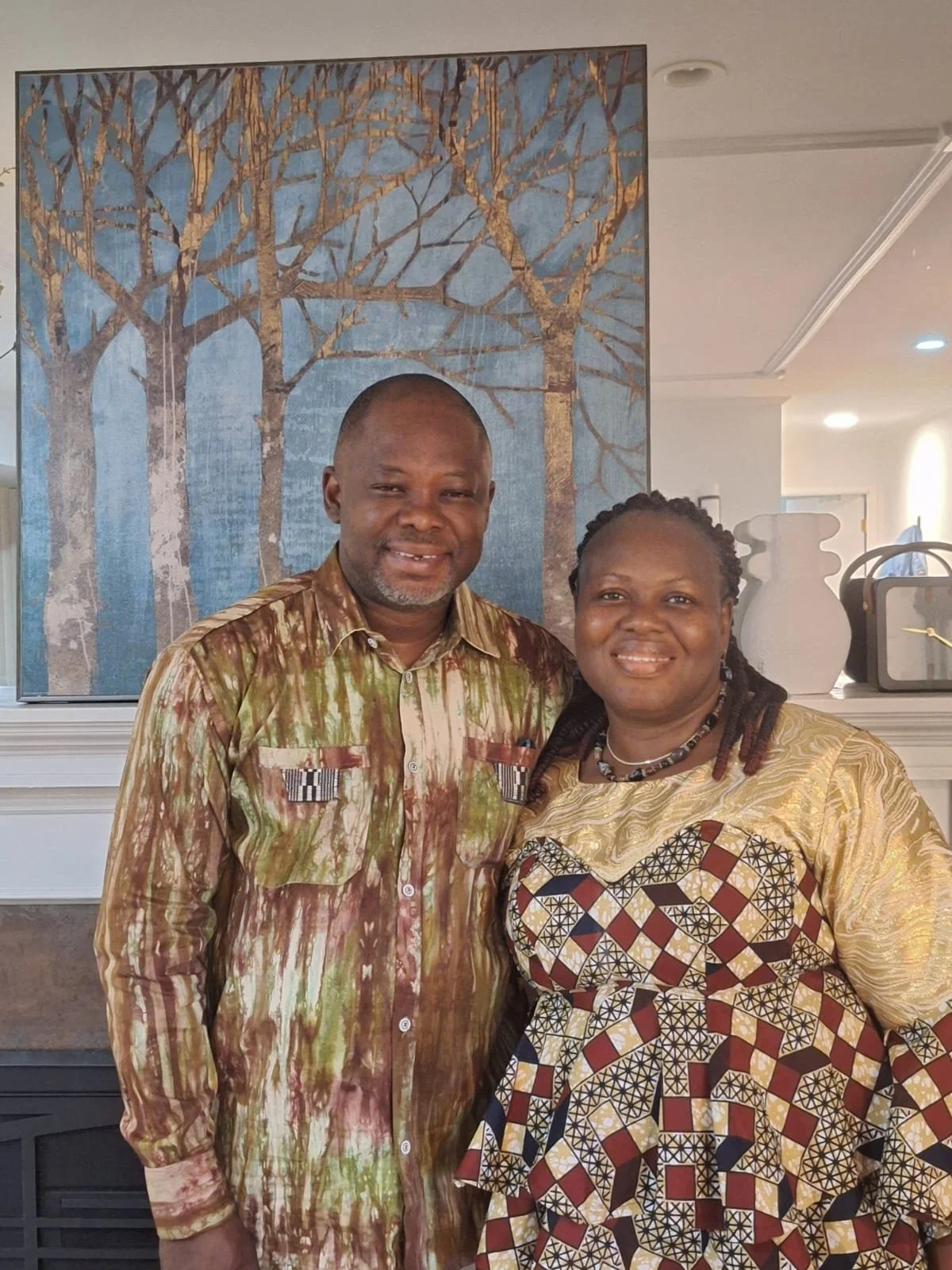Liberia, Israel’s West African friends
Pastor Immanuel & Wintee Jonah
In the heart of West Africa, Liberia stands out not only for its rich history and resilient spirit but also for its enduring friendship with the State of Israel. This bond is more than diplomatic, it’s deeply personal, rooted in shared values of faith, perseverance, and mutual respect.
Liberia has long been one of Israel’s closest allies on the African continent. From supporting Israel in international forums to exploring deeper economic and technological partnerships, Liberia’s leaders have consistently expressed admiration for Israel’s innovation and strength. President George Weah’s recent reception of the Friends of Zion Award in Jerusalem is a testament to this enduring relationship, as Liberia actively moves toward opening an embassy in Jerusalem, a bold gesture of solidarity.
Among Liberia’s many ethnic groups, the Indigenous Gio people, also known as the Dan, carry a legacy of strength, community, and spiritual depth. Though historically known for their warrior traditions and vibrant cultural expressions, the Gio have also embraced the values of peace and reconciliation. Their connection to Israel is not just political, it resonates through shared biblical heritage and a deep respect for the Jewish people’s journey of survival and restoration.
For many Gio families, Israel represents a beacon of faith and resilience. Churches across Nimba County, where the Gio are predominantly located, often pray for the peace of Jerusalem and celebrate Israel’s spiritual significance. The Gio’s love for Israel is woven into sermons, songs, and community gatherings, reflecting a heartfelt kinship that transcends borders.
In a world often divided by politics and conflict, the friendship between Liberia, especially its Gio communities, and Israel shines as a symbol of unity and hope. It’s a reminder that love between nations can be rooted not just in strategy, but in shared humanity.
Pastor Immanuel & Wintee Jonah, Liberia Christian Ministries International Church


